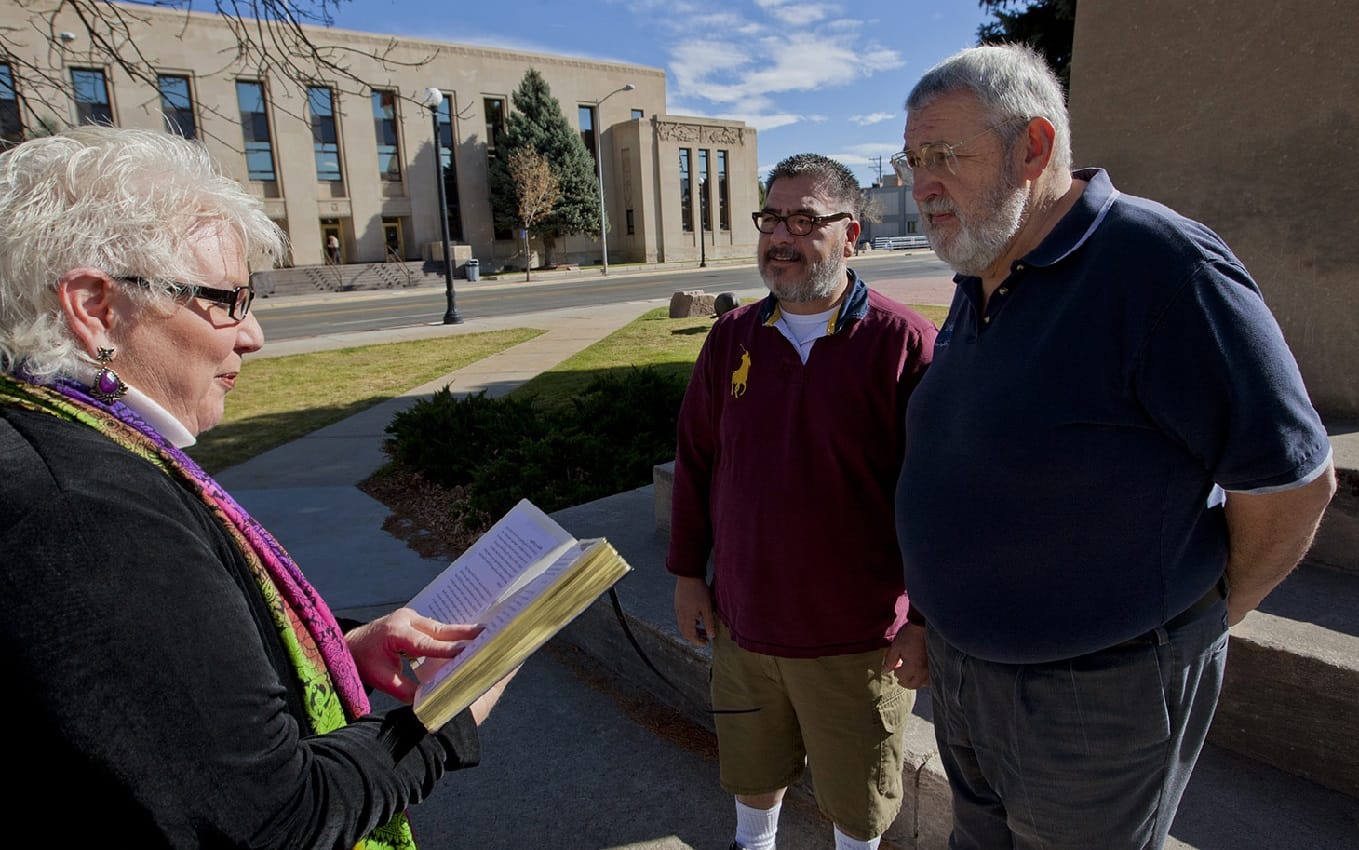
What are they, and How State and Federal Guidelines Affect Documentation essay
Today many people in the USA understand the importance of having a living will, a special legal document that informs of extraordinary medical treatment in case of some serious disease or a comatose state which does not permit an individual to make decisions. It is known that a stroke or a brain injury can lead to vegetative state when an individual fails to make decisions concerning medical treatment. (Advanced Medical Directions: The Basics, 2012, para.5) Nowadays many health care institutions in the United States accept living wills, although there are some differences between them. It means that a living will prepared in one state, may not be accepted by healthcare providers in another state. Nevertheless, the popularity of having a living will is constantly increasing. It is known that today more than 40% of Americans have already drafted their living wills. (Jones, 2007, p.5)
According to the historical data, the first living will was proposed in 1970s by the lawyer Louis Kutner. The American lawyer was the first to put forward the idea of living wills as a simple means to prevent physicians from using life sustaining treatment on patients who did not want it and did not have the capacity to communicate their wishes. (Berlin, 2011, para.2)
Today one can find several types of living wills. They include Standard Living Will, when an individual makes his own decision concerning medical treatment in case of emergency, Living Will Directive to Physicians, when physicians have the right to make decisions concerning medical care, Living Will with Designation of Surrogate, when decisions are made by the trusted person. (Hinneburg, 2011, para.3) There are also two types of documents which have direct relation to living wills. Durable Power of Attorney for Health Care is a document similar to the living will designation to surrogate, but in this case the attorney has a right concerning medical care of the patient. DNR is a special order added to the living will which prevents any prolonged treatment. (Hinneburg, 2011, para.5)
In the United States, the Federal Patient Self Determination Act of 1990 protects the rights to advanced medical directives. It means that most hospitals, nursing homes and other healthcare institutions should provide information concerning the advanced healthcare directives to the all the patients who are admitted to hospital or other healthcare institutions. The main goal of this federal documentation is to inform all adult patients of their rights concerning future medical care decisions in case they become incapacitated. (Federal Patient Self Determination Act, 1990)
Today many American lawyers who successfully practice in the area of estate planning pay special attention to a living will and a health care power of attorney and even include them in their package of estate planning documents. (Berlin, 2011, para.2) As living wills are specially designed to address situations of terminal illness, in some cases it is rather difficult to predict all possible circumstances that may occur in the process of treatment. It means that in some cases, living will can be considered invalid. (Advance Medical Directives: The Basics, 2011) The living will is effective when a physician has a copy of this document and when it is concluded that the patient is incompetent to make decisions concerning medical treatment himself or he is in the state of unconsciousness. In this case, the second physician should confirm this conclusion.(Berlin, 2011, para.4)
To sum up, nowadays it is important to have a living will because this document can help healthcare providers and family members to make decisions concerning medical treatment of adult patients in case they are unable to speak and make decisions themselves. Although the requirements on the living wills are different in different states, the Federal Patient Self Determination Act protects the rights to advanced medical directives, or living wills. The US Government is interested in advance medical directives and tries to encourage the US citizens to have living wills in order to assist healthcare providers and family members in medical decision-making process.

